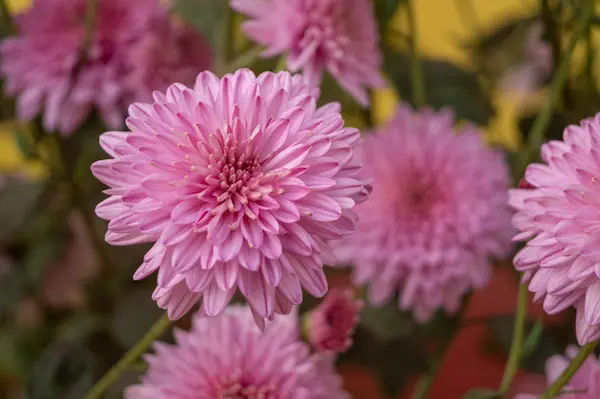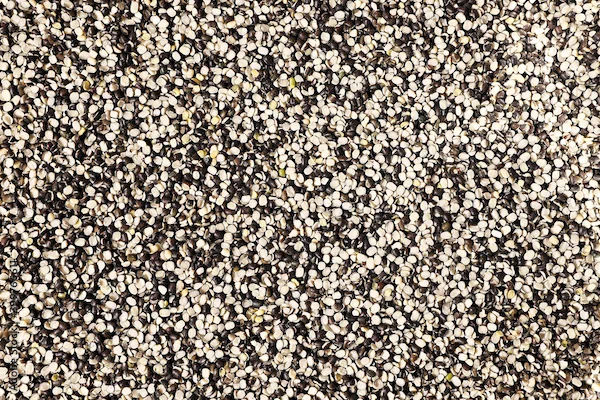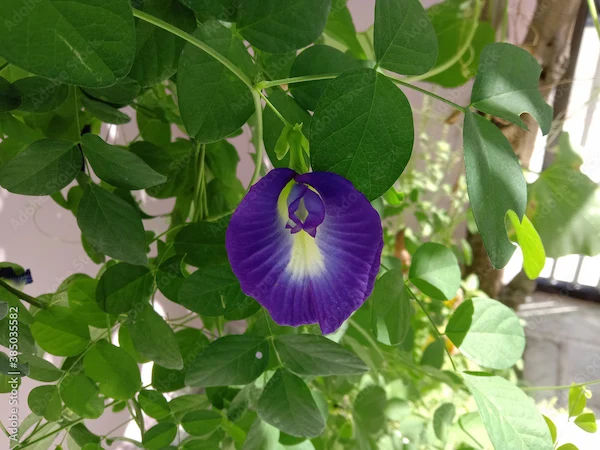Guldaudi Benefits
Discover the soothing health benefits of Guldaudi (Chrysanthemum) flowers, known for boosting immunity, supporting heart and digestive health, reducing stress, promoting healthy skin, aiding eye health, and potentially helping manage diabetes.

Written by
Last updated on 22nd Jul, 2025

Introduction
Hello there! If you’ve ever admired the vibrant beauty of Guldaudi (Chrysanthemum), you’ll be happy to know that this lovely flower isn’t just for decoration—it’s packed with amazing health benefits too! Whether you enjoy it as a tea, use it in traditional remedies, or simply appreciate its calming presence, Guldaudi can be a wonderful addition to your wellness routine.
In this article, we’ll explore the many ways Guldaudi can support your health, from boosting immunity to soothing stress. Let’s dive in!
What is Guldaudi (Chrysanthemum)?
Guldaudi, also known as Chrysanthemum, is a flowering plant native to Asia and Europe. It comes in various colors, including white, yellow, and pink, and has been used in traditional medicine for centuries. The flowers, leaves, and even the roots have medicinal properties, making them a popular choice in Ayurveda and Chinese medicine.
Health Benefits of Guldaudi
Here's are the health benefits:
- Boosts Immunity: Guldaudi, rich in antioxidants, strengthens the immune system to fight off infections and illnesses, particularly useful during seasonal changes.
- Supports Heart Health: Guldaudi may lower blood pressure and cholesterol, and its potassium and anti-inflammatory properties support overall cardiovascular function.
- Aids Digestion: Guldaudi tea gently stimulates digestion, reduces acidity, soothes upset stomachs, and can improve nutrient absorption.
- Reduces Stress & Anxiety: The soothing aroma and mild sedative properties of Guldaudi tea help calm nerves, reduce anxiety, and promote relaxation.
- Promotes Healthy Skin: With anti-inflammatory and antibacterial properties, Guldaudi can reduce acne, soothe irritation, and potentially slow signs of aging.
- Helps with Eye Health: Traditionally, Guldaudi has been used to relieve eye strain, dryness, and redness, and can reduce puffiness around the eyes.
- May Help Manage Diabetes: Some research suggests Guldaudi may help regulate blood sugar levels, but medical consultation is always advised for diabetic patients.
Consult Top Ayurvedic Practitioner
How to Use Guldaudi for Health Benefits
Here's are the ways to use:
- Guldaudi Tea: Steep 1-2 teaspoons of dried flowers in hot water for 5-10 minutes, add honey/lemon, and drink 1-2 cups daily.
- Guldaudi Oil for Skin & Hair: Mix a few drops of essential oil with a carrier oil and apply to skin for inflammation or massage into the scalp for healthier hair.
- Guldaudi Steam for Relaxation: Boil flowers in water and inhale the steam to clear sinuses and calm your mind.
Precautions & Side Effects
While Guldaudi is generally safe, some people may experience:
- Allergic reactions (itching, rashes).
- Drowsiness if consumed in large amounts.
- Interaction with blood pressure or diabetes medications (consult a doctor before use if you’re on medication).
- Pregnant or breastfeeding women should avoid excessive consumption unless approved by a healthcare provider.
When to See a Doctor?
If you experience severe allergies, dizziness, or unusual symptoms after consuming Guldaudi, stop using it and consult a doctor. If you have chronic conditions like diabetes, hypertension, or autoimmune disorders, always check with your physician before adding it to your diet.
Conclusion
Guldaudi is a versatile, natural remedy that can enhance your health in many ways—from boosting immunity to soothing stress. Whether you prefer it as tea, oil, or a skincare ingredient, this beautiful flower is a wonderful addition to a healthy lifestyle.
If you’d like personalized advice on natural remedies or need expert guidance, you can book a consultation with an Ayurveda or nutrition specialist on Apollo 24|7. Stay healthy, stay happy!
Consult Top Ayurvedic Practitioner
Consult Top Ayurvedic Practitioner

Dr. Asique Perwaiz
Andrology
7 Years • BUMS, Unani , Sexologist, Ayurvedic Medicine
Kolkata
MS Haque Clinic, Kolkata

Dr. Pinakshi Roy
Ayurveda Practitioner
22 Years • BAMS (PGD), Cal (Ayurvedacharya)
Kolkata
Heal with Smile Ayurvedic clinic, Kolkata
(25+ Patients)

Dr Sankha Subhro Ghosh
Ayurveda Practitioner
10 Years • BAMS, MD Ayurveda-Kriya Shareera
Kolkata
Brahma Ayurveda (Ayurvedic Consortium), Kolkata

Dr. Mohd Misquat Khalid Firoshepur
Ayurveda Practitioner
7 Years • BAMS, Fellowship in Reproductive & Sexual Medicine
Jaunpur
G.K. Health Care, Jaunpur

Dr. Khanisri Singapanga
Ayurveda Practitioner
14 Years • BAMS, MD Ayurveda
Hyderabad
AyushNidhi Ayurvedic Hospital Panchakarma - Piles -Infertility Center, Hyderabad
(25+ Patients)
Consult Top Ayurvedic Practitioner

Dr. Asique Perwaiz
Andrology
7 Years • BUMS, Unani , Sexologist, Ayurvedic Medicine
Kolkata
MS Haque Clinic, Kolkata

Dr. Pinakshi Roy
Ayurveda Practitioner
22 Years • BAMS (PGD), Cal (Ayurvedacharya)
Kolkata
Heal with Smile Ayurvedic clinic, Kolkata
(25+ Patients)

Dr Sankha Subhro Ghosh
Ayurveda Practitioner
10 Years • BAMS, MD Ayurveda-Kriya Shareera
Kolkata
Brahma Ayurveda (Ayurvedic Consortium), Kolkata

Dr. Mohd Misquat Khalid Firoshepur
Ayurveda Practitioner
7 Years • BAMS, Fellowship in Reproductive & Sexual Medicine
Jaunpur
G.K. Health Care, Jaunpur

Dr. Khanisri Singapanga
Ayurveda Practitioner
14 Years • BAMS, MD Ayurveda
Hyderabad
AyushNidhi Ayurvedic Hospital Panchakarma - Piles -Infertility Center, Hyderabad
(25+ Patients)
.webp)



